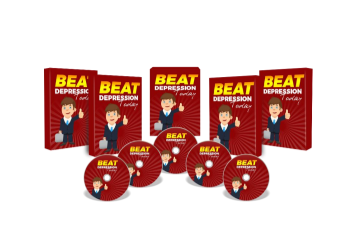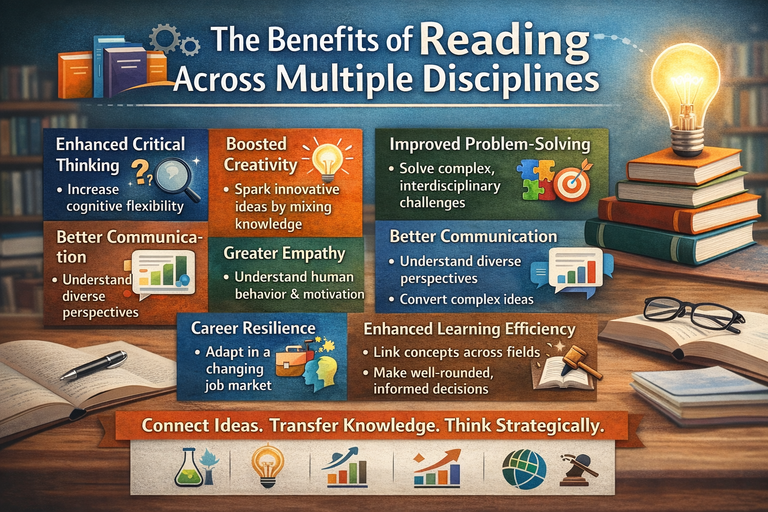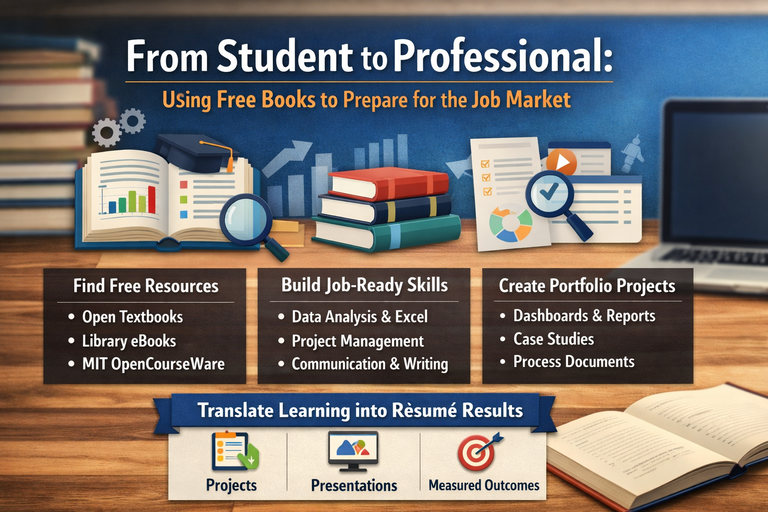The Mental Game: Books That Reveal the Psychology of Sporting Success
When we watch elite athletes perform at their peak—scoring the winning goal, breaking a world record, or making an impossible comeback—we often marvel at their physical prowess. But behind the scenes, what separates good from great is often invisible: the mind.
In recent years, a growing body of literature has peeled back the curtain on the psychological side of sports. These books explore how top athletes cultivate resilience, conquer self-doubt, stay focused under extreme pressure, and develop a mindset that thrives in high-stakes environments.
This blog post dives into some of the most powerful books that explore the mental game of sports, from science-backed psychology to deeply personal memoirs. Whether you’re a sports fan, athlete, coach, or simply navigating the pressures of daily life, these stories and insights offer universal lessons on performance, perseverance, and potential.
The Power of Mindset: Carol Dweck’s Game-Changing Theory
Book Focus: Mindset: The New Psychology of Success by Carol S. Dweck
Carol Dweck's Mindset is a foundational read for anyone interested in performance psychology—not just in sports, but in school, business, and relationships. Her central idea is simple but transformative: people either operate with a fixed mindset (believing abilities are static) or a growth mindset (believing abilities can be developed).
In sports, this distinction is critical. Athletes with a growth mindset are more likely to embrace challenges, persist after failure, and improve through effort—core traits of long-term success.
Key Lessons for Athletes:
-
Failure isn’t a verdict—it’s a stepping stone.
-
Effort is not a sign of weakness but of strength and belief in potential.
-
Coaches and parents can shape mindset through language and expectations.
Why It Matters:
Athletes who embrace a growth mindset are less likely to crumble under pressure or quit after setbacks. This book gives both athletes and their support systems the language and tools to foster a psychologically adaptive approach to competition.
Inside the Mind of a Champion: Andre Agassi’s Open
Book Focus: Open: An Autobiography by Andre Agassi
One of the most brutally honest sports memoirs ever written, Open takes readers deep into the internal battles of tennis legend Andre Agassi. Despite outward success, Agassi struggled for years with self-hatred, burnout, and mental fatigue. His story reveals how psychological pain often lurks behind polished athletic performance.
What makes this memoir compelling isn’t just the highs of Grand Slam victories—it’s the exploration of what it means to perform when you're mentally unraveling. Agassi’s journey through therapy, reinvention, and finding love on and off the court is a testament to the power of emotional honesty and mental endurance.
Key Lessons for Athletes:
-
Even champions wrestle with impostor syndrome and identity crisis.
-
Support systems (coaches, mentors, family) can make or break mental stability.
-
True fulfillment often comes from inner clarity, not external achievement.
Why It Matters:
For athletes at any level, Open provides a rare, compassionate look at the psychological cost of elite sports. It teaches that the mind isn’t a barrier to overcome—it’s part of the journey to embrace.
Biographies That Go Beyond the Scoreboard
While technical skill and training regimens are often spotlighted in sports biographies, some of the most impactful books zoom in on the mental resilience behind the fame.
1. Relentless: From Good to Great to Unstoppable by Tim S. Grover
Grover, who trained legends like Michael Jordan and Kobe Bryant, offers a behind-the-scenes look at the “cleaner” mentality—a mindset of ruthless focus, self-discipline, and refusal to settle.
“Being relentless means demanding more of yourself than anyone else could ever demand of you.” —Tim Grover
2. The Mamba Mentality by Kobe Bryant
Bryant’s legacy isn’t just about championships; it’s about the obsessive drive to improve. This book reveals how Kobe prepared mentally and physically, treating each practice like Game 7.
3. Can’t Hurt Me by David Goggins
While not a traditional sports figure, Goggins’ ultra-endurance feats—and the mental battles behind them—have inspired athletes globally. His concept of the “calloused mind” offers a raw blueprint for mental toughness.
The Science of Peak Performance: Sports Psychology in Action
Alongside memoirs and motivational reads, sports literature now includes a growing number of evidence-based titles that merge neuroscience, psychology, and performance coaching.
1. The Inner Game of Tennis by W. Timothy Gallwey
Despite being published in the 1970s, this book remains a cornerstone of mental training literature. Gallwey introduces the idea of “Self 1” (the critic) vs. “Self 2” (the doer) and how quieting the inner critic allows natural talent to emerge.
Key Takeaway: Trust your instincts. Overthinking kills performance.
2. Peak by Anders Ericsson and Robert Pool
Famous for introducing the concept of deliberate practice, this book shows how expertise is built—not born. The mental effort required to push beyond comfort zones is where growth happens.
Key Takeaway: Talent is overrated. It’s consistent, focused effort that creates champions.
3. Performing Under Pressure by Hendrie Weisinger & J.P. Pawliw-Fry
This book breaks down the science of clutch performance and why some people rise under stress while others falter. It offers tools to reframe anxiety, use rituals, and build “pressure tolerance.”
Key Takeaway: Pressure is inevitable—how you interpret it determines performance.
Mental Tools Athletes Use—and You Can Too
From the books above, a few powerful tools emerge that top athletes use to shape their mental game:
1. Visualization
Used by Olympians and Super Bowl MVPs alike, this practice involves mentally rehearsing success—feeling it, seeing it, embodying it.
Application: Picture yourself succeeding at your goal before stepping into the challenge.
2. Reframing Failure
Rather than fearing loss or rejection, athletes with resilient mindsets see setbacks as data—a learning opportunity, not a verdict.
Application: After a tough moment, ask: “What is this teaching me?”
3. Mantras and Self-Talk
What we say to ourselves matters. Books like Relentless and Can’t Hurt Me emphasize using affirmations or internal slogans to stay locked in.
Application: Develop a power phrase that grounds you under pressure, like “I’ve done the work. I’m ready.”
Beyond Sports: Life Lessons from the Arena
The beauty of the mental game is that its lessons aren’t limited to courts and fields. Whether you're navigating job stress, creative pressure, or personal growth, the psychological strategies of elite athletes can help you perform better in everyday life.
-
Growth mindset applies to learning new skills or bouncing back from failure.
-
Visualization can be used before big presentations or interviews.
-
Mental toughness can help you stay consistent with goals like fitness, writing, or entrepreneurship.
-
Resilience stories from athletes can provide hope and motivation when life gets hard.
Why Publishers Are Betting on the Mental Game
Books focused on sports psychology have found success because they transcend demographics. While traditional sports memoirs appeal mainly to fans, mental game books attract:
-
Coaches looking to train athletes holistically
-
Parents raising competitive kids
-
Professionals applying performance science to business
-
Readers exploring human potential and peak performance
As wellness, mental health, and performance optimization continue to dominate public interest, the publishing world is embracing titles that go beyond stats to reveal the emotional and mental rigor behind greatness.
Conclusion: Winning Begins in the Mind
Physical ability might get you on the field, but it’s mental fortitude that keeps you there. The best athletes aren’t just strong—they’re mentally agile, emotionally grounded, and psychologically resilient.
The books discussed here offer more than behind-the-scenes drama or coaching tips. They illuminate how greatness is built from within—through habits of thought, perspective shifts, and relentless inner work.
Whether you’re an athlete, a fan, or someone striving to perform better in your own field, these stories remind us: the most powerful muscle we train is the mind.









